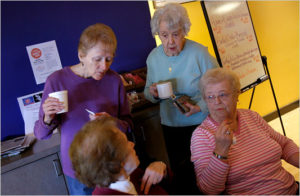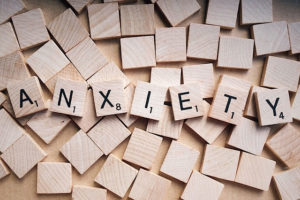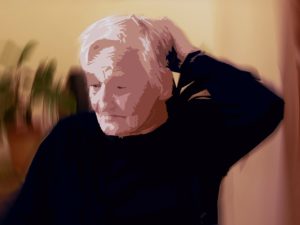 I attended a symposium on neurocognitive functioning in Singapore last month. Some take home messages that are important and relevant to us as we go into our senior years healthfully and gracefully!!
I attended a symposium on neurocognitive functioning in Singapore last month. Some take home messages that are important and relevant to us as we go into our senior years healthfully and gracefully!!
A lot of the lectures were focused on the importance of maintaining good vascular health to delay the onset of dementia. Research is moving intervention targets to pre-stroke identification and lifestyle management.
Factors that prevent/delay post stroke cognitive impairment (which we can apply for other conditions as well):
- High educational level or life-long learning. Keep yourself open to learning new things – learn a new language, take art/painting classes – just keep learning!
- Keep being productive – delay retirement. You can lessen your work load and pace but keep working and being productive.
- Manage your stress level – remove unnecessary stress in your life!
- Increase your leisure time – be it physical, social or intellectual activity.
- Stay socially engaged, do things with others such as having lunches with friends, outings with family, chatting with exercise mates!
- Control the metabolic risk factors for dementia such as obesity, diabetes, high blood pressure, high cholesterol level.
- Control cardio-metabolic factors such as diabetes.
- Maintain your physical health e.g. maintaining a healthy weight level and avoiding inactivity.
- Maintain good nutrition. Follow a good diet that is high in folate (good for memory, learning & language), Omega 3, drink tea and eat curry!
- Control environmental factors. High density of people with high volume of amenities (e.g. restaurants, movie/play houses, museums, etc) is generally better for your brain.




 I have been asked how one can handle anxiety. These are ways you can help yourself:
I have been asked how one can handle anxiety. These are ways you can help yourself: What is the relationship of Depression and Alzheimer’s Disease (AD)?
What is the relationship of Depression and Alzheimer’s Disease (AD)? Causes of Depression
Causes of Depression Managing Depression
Managing Depression Signs of Stress: Emotional Symptoms
Signs of Stress: Emotional Symptoms